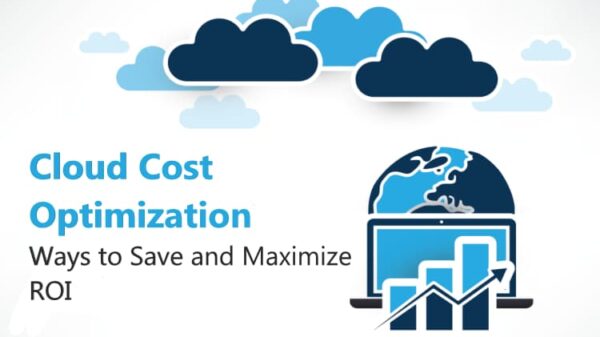Privacy has always been a concern for modern-day consumers, and knowing what businesses are doing with their data is a goal for many. Luckily, with GDPR taking a foothold in the EU countries, customers are starting to feel appreciated concerning how their data is handled. Simply put, GDPR affects both companies who work in Europe and those that have customers within the region.
Since the fines for non-compliances are quite hefty, it is wise to comply with the set regulations. While you might work overtime to cover any non-compliance loopholes, working with a cloud vendor who is on the unfavorable side of the law could in some ways lead to non-compliance. This is a big deal, especially considering that the current cloud computing adoption rate is at 88%, according to Information-age.com.
As a result, it is vital to learn how the regulations affect cloud environments to identify whether your vendor is compliant enough. Here is how GDPR affects cloud computing and data backup:
It Improves Privacy
GDPR makes its policies felt in the world of data privacy in two ways. First, it champions the fact that companies need to take responsibility for protecting the data of their customers from theft or any misappropriation. It also gives customers power over how businesses and corporations use, store and collect their data.
For instance, the onus is upon businesses to use not only secure online cloud backup solutions but also train their staff members on how to best handle data and prevent breaches of any kind. They are also supposed to report any data breach to the affected citizens. When the need arises, an individual can ask about the kind of personal data that an organization has about them and maybe exercise their right for deletion.
It Affects Data Control and Visibility
Under GDPR, companies need to offer customers data in a usable format when requested. This will also apply to backed up data. As a result, using cloud computing services that offer you complete visibility of your data infrastructure will play a center stage role when it comes to enhancing compliance.
Additionally, any collected data should only be used for the reason it was initially meant for, which means no selling clients’ data. This policy also means that you should work with cloud computing vendors who can support your data retention policies.
Privacy by Design
Data security is a priority in the GDPR guidelines, and companies need to pay attention to the security of their software. Whenever you are designing any cloud application, security needs to be part of the design process rather than an afterthought. Such a policy arose from the fact that numerous companies and governments have had the data that they store breached due to minor or major loopholes in their security systems.
These data breaches often result in identity theft and even the end of affected businesses. Including strategies such as penetration testing in your cloud software development will help to identify loopholes at an early stage. Similarly, assess the security measures that any potential cloud vendor has in place before working with them to steer away from data breach risks.
Data Sovereignty
GDPR outlines that the data of EU citizens need to be stored on cloud servers within the EU countries to be protected by the privacy laws or within other jurisdictions that uphold high privacy standards. Unfortunately, the US is not regarded as one of these jurisdictions and companies that would love to use servers in the US will have to utilize the US-EU Privacy Shield program.
This means that you will need to ensure that your cloud vendor complies with these regulations concerning where they store the data. Since most public cloud companies might not reveal where the data is stored, it is wiser to work with those that allow you the luxury of choosing a storage location.
Conclusion
GDPR is here to help citizens feel at ease regarding how their private information is handled. As long as you and your cloud vendor comply, you have absolutely nothing to worry about. While most cloud computing companies will do all the heavy lifting, it is wise to ensure that they are compliant before choosing to work with them.
Thanks for reading this article. If you're new here, why don't you subscribe for regular updates via RSS feed or via email. You can also subscribe by following @techsling on Twitter or becoming our fan on Facebook. Thanks for visiting!


























































































































































































